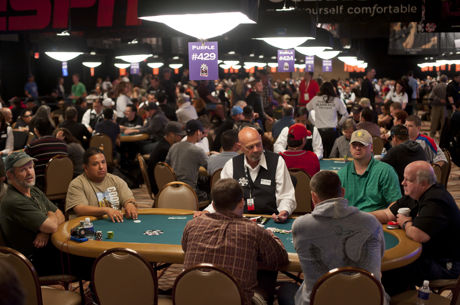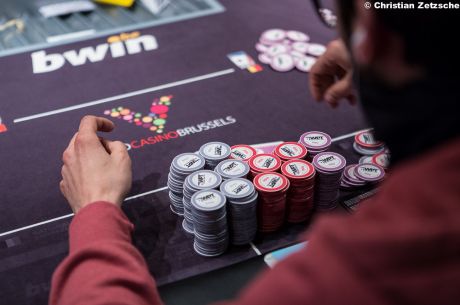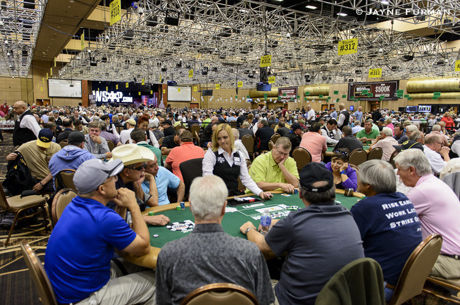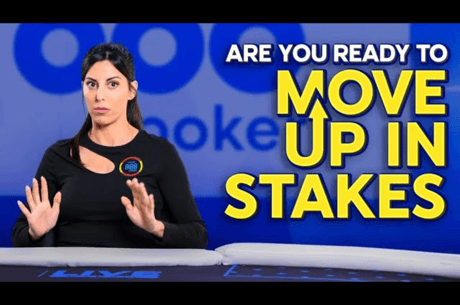They Can't Call You With Worse: Avoid the "No Value Bet" on the River

Those who are relatively new to no-limit hold'em �� and even some who have played the game for a while �� often don't possess a lot of detailed understanding of postflop strategy.
Players who spend the majority of their time playing relatively fast-structured, shallow-stacked tournaments, for instance, will gain plenty of experience with preflop and flop play, but often won't face a lot of decisions on the turn or river, since the stacks have often already gone in before then.
In fact, players who focus mainly on turbo tournaments may only very rarely (if ever) face meaningful decisions on the river. By contrast, those who specialize in deep-stacked cash games or slower-structured tournaments will get a lot more practice on the later streets.
When it comes to river strategy, you often hear the advice not to "miss value" on the river by checking down a medium-strength hand when you could bet it, get called by a second-best hand, and earn a little more on the end. Those with less experience playing the river often lean toward being conservative on fifth street in these kinds of spots, and as a result miss opportunities to win bigger pots.
On the other hand, there's another even worse mistake new players often make on the river �� betting with medium-strength hands when there is little chance their bets can be called by worse hands. Let's look at an example.
You have K?Q? and raise from middle position, and you get one caller on the button. The flop comes K?8?7?, you continue with a bet, and your opponent calls. The turn is the 9? and you bet again. You opponent calls you once more. The river then brings the 6?.
Preflop and flop play are fine �� you raised with a decent starting hand and were called, then continued after what appeared to be a decent flop giving you a pair of kings. Then on the turn, either betting or checking were probably each acceptable plays, with the choice between the two likely determined by your read of the player on the button (i.e., whether the player has been giving up on turns, whether the player is loose-passive and calls a lot, etc.).
Betting on the river, however, would be a mistake, primarily because the board has arrived in such a way that it would be hard for your opponent to call you with a hand worse than kings with a queen kicker.
The calls on both the flop and turn strongly suggest your opponent has a drawing hand of some sort, either drawing to a flush or a straight. By the river, many combos of such draws have gotten there, and some that haven't have made two pair.
In any case, against most players, it's hard to imagine many hands with which your opponent can just call your river bet that you have beaten. These bad river bets are kind of like the opposite of "value bets," because not only do they fail to make you more money they often can only lose you more money.
In this particular hand, checking is much more preferable, and if your opponent bets you then have to consider both the size of the bet and the chance that your opponent is bluffing, because your top pair has been reduced to not much more than a "bluff catcher" thanks to the way the board has run out.
Having a made hand and being up against what likely seems a drawing hand is the most common example of this situation, although there are many variations producing a similar river spot. Try to walk back through each step of the hand again from your opponent's perspective, then decide if you've reached one of these "if I get called, I lose" situations with a medium-strength hand (with which you aren't bluffing). If so, betting is likely not the right play to make.
For a lot of players, learning how to avoid making this "no value bet" becomes an early lesson in river strategy. Don't be overly anxious not to "miss value" by betting rivers when there is little chance your opponent is going to call you with worse.
Want to stay atop all the latest in the poker world? If so, make sure to get PokerNews updates on your social media outlets. Follow us on Twitter and find us on both Facebook and Google+!









